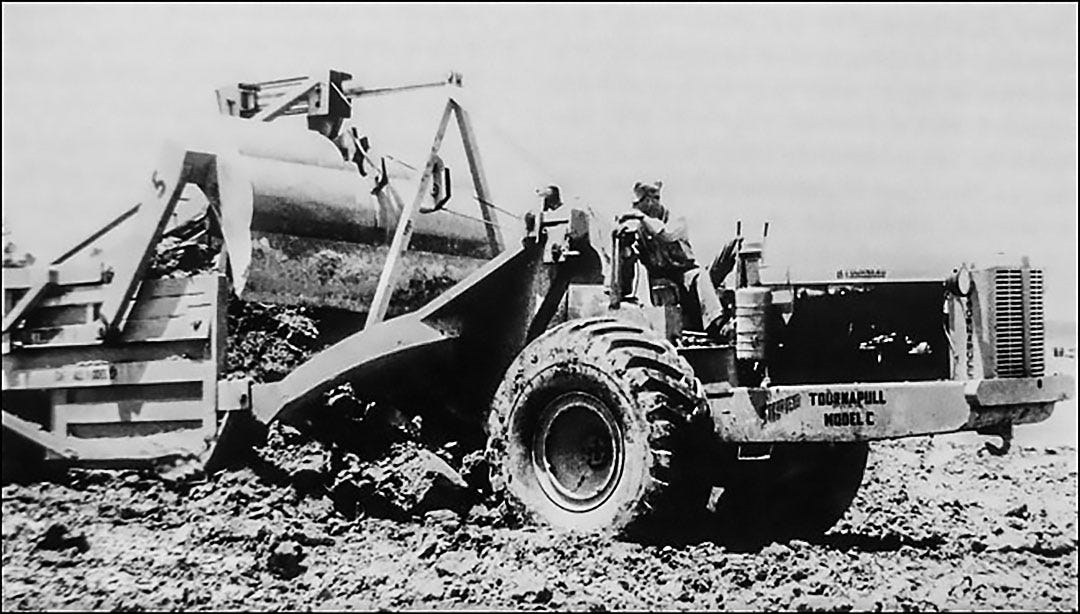“Dignity” is one of those terms that seem, to me at least, to be self-evidently important and clear of meaning, and yet to be hard to pin down and explain. (“Kindness,” a sometimes related term, is another sometimes hard-to-pin down word.)
An example or two about dignity might help. In a recent opinion piece in the Atlanta Journal-Constitution, Dr. Anwar Osborne argued forcefully for treating inmates in prison as fully deserving of decent healthcare:
https://www.ajc.com/opinion/opinion-medical-neglect-of-prisoners-not-as-uncommon-as-it-should-be/ECI52C6QYNCNVBM3Q3FURZXN6U/
He and others are pushing for a Healthcare Bill of Rights for people in custody of law enforcement that has nine key points—but that can in one sense all be summed up in just the one word: dignity. Even people convicted of horrible crimes (and some locked up but not even convicted of anything) are human beings, whatever else they are.
It’s a major reason some of us support healthcare as a right—for everyone, including prisoners.
A person close to me always adds comments, when she gives a bit of money to a homeless person, “Friend, I hope things will get better soon.” And when she tips a cashier or a waitress or other server, she adds something like, “Thanks for making us some lunch.” A reminder to that tipped person or that guy down on his luck that the tipper’s not feeling superior at being able to give away a few bucks—she’s a fellow human being. One attending to someone else’s dignity.
A family story—one I have no way of verifying but think to be generally true—may help me explain. In the late 1940s (I was a toddler) my father—Jim Buckner—was working in Longview, Texas, for a company sort of similar to Caterpillar—making heavy earth-moving machines, etc. The company, named after its owner/founder, was LeTourneau Technologies.
R. G. LeTourneau, the owner and big boss, was known for his piety and generosity to Christian institutions. See, for more about the company and the man,
https://en.wikipedia.org/wiki/R._G._LeTourneau
My father was working as a “time-and-motion-study” expert—observing the workers on the assembly line and making recommendations for how they could do their jobs better, more smoothly and quickly, efficiently, profitably, etc. He was probably not popular with the workers.
A couple of weeks before Christmas one year, LeTourneau directed that some workers (a pretty large number, I think) be transferred to Longview from a plant elsewhere in the U.S. (my memory of the story was that it was from New Jersey or somewhere in New England, but I really don’t know). And then, after they arrived in Longview, he changed his mind, decided he didn’t need the workers at all and, just before the holidays, laid them all off. My father, so the story goes, was not directly affected, but he was angered by this (outraged? I hope so) and quit.
The laid off workers had been paid when they worked and now they no longer worked so they shouldn’t expect to be paid, right? It’s just an economic fact in America that workers aren’t guaranteed jobs and can get laid off, right? But, economically cruel as that is (and a socialist like me opposes that at a very basic level), that wasn’t what led my father to quit. He was angry that these workers were treated like mere cogs in the company’s machine, shifted around arbitrarily and without sensitivity to whether they had, for example, immediate cultural and family support networks to help them, clear contacts to help with getting another job, etc. They were not treated with dignity.
And, like all human beings in such circumstances, they deserved better.
Another related bit: when public schools provide free lunches or breakfasts, because hungry people are far less likely to be able to learn, the food provided should not be based it on demonstrated economic need. Free eats for everyone, as a matter of course—not eats only for those who can prove they are needy. Dignity, protected.
Knowing what will protect another’s dignity is not always obvious. What one person intends as an acknowledgement of another’s common humanity can be misinterpreted as condescending or nosy. Asking another about her interesting accent, even when intended as a comment on something positive or as on something we all share, can be interpreted as insulting or at least as intrusive.
Human dignity: An acknowledgement that no one is just a cog in a machine, just a prisoner, just a server, just a poor kid, just a homeless woman down on her luck—or who made bad choices.
I’ll end, as I did last Friday, with a Bible verse. And next Monday, I’ll say more about an atheist’s appreciation of and use of the Bible.
Matthew 7:12 Therefore all things whatsoever ye would that men should do to you, do ye even so to them.
Note: Anyone may copy and publish what I or my guests write, provided proper credit is given, that it’s not done for commercial purposes, that I am notified of the copying (you can just leave a comment saying where the copy is being published), and provided that what we write is not quoted out of context or distorted.



Well, once again we’re in total agreement.
Shall we go out for a pitcher of Margaritas? My treat. :-D
Well said and something I think we should be doing. Thank you for the post.